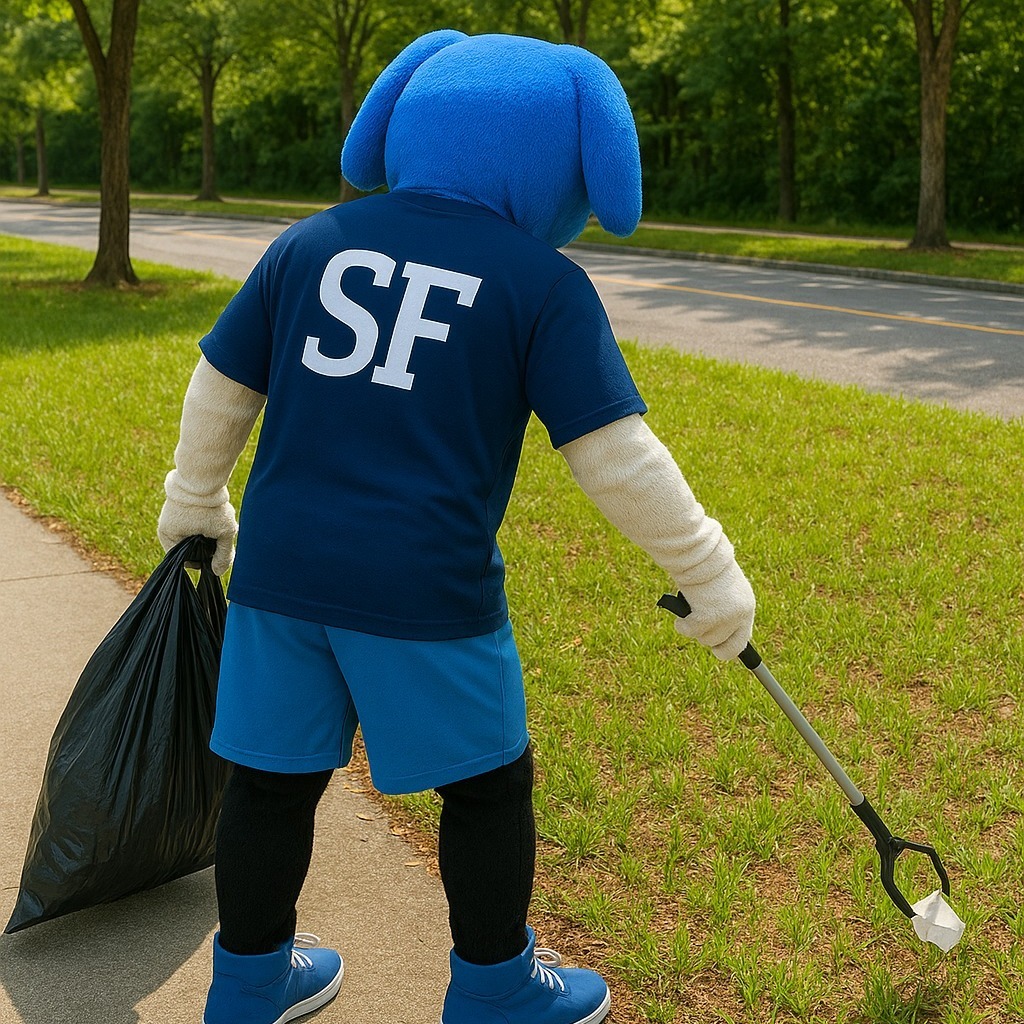- The importance of clean environments for the health of animal habitats and ecosystems.
- The role of community initiatives, like The Great American Cleanup, in protecting local wildlife.
- The impact of electronic waste on endangered species and how recycling initiatives can mitigate harm.
- Educational and interactive community events that promote environmental awareness and conservation efforts.
- The influence of local conservation groups and how they contribute to global biodiversity and species protection.
The health of animal habitats is heavily reliant on clean environments. Songbirds, snakes, and larger creatures like gorillas thrive in ecosystems free from pollution and waste. A healthy habitat ensures the balance and survival of species by offering a consistent supply of resources such as food, water, and shelter. When these habitats face degradation—from pollution, human encroachment, or other factors—entire ecosystems can destabilize, leading to dire consequences for biodiversity.
Community initiatives play a crucial role in maintaining clean environments, directly benefiting local wildlife. The Great American Cleanup at Massey Park is one such initiative. This event encourages residents to contribute to the health of their local ecosystems by removing litter and waste that can harm animals. The cleanup not only enhances the park’s appearance but also restores a safer, more suitable habitat for the species that reside there. Local communities, when galvanized, have the potential to create a significant positive ecological impact.
Electronic waste presents a distinct challenge to wildlife, particularly endangered species like gorillas. Coltan, a mineral required for the production of mobile phones and tablets, is extensively mined in gorilla habitats, disturbing these sensitive environments. Recycling electronics can limit the demand for newly mined coltan, mitigating habitat destruction. Programs like the one hosted by the SF Teaching Zoo allow individuals to dispose of their old devices responsibly, actively contributing to the conservation of threatened animal populations.
Public engagement is fundamental to spreading awareness and educating others on wildlife conservation. The ‘Party for the Planet’ event at the Santa Fe College Teaching Zoo highlights how interactive experiences can foster a deeper connection to environmental stewardship. By offering animal encounters, educational talks, and creative activities, the event captures interest and delivers a clear message: everyone plays a role in habitat and species protection. These experiences are designed not just for entertainment but as practical demonstrations of conservation efforts in action.
Local conservation groups are pivotal in protecting the rich tapestry of life on Earth. Organizations such as the Lubee Bat Conservancy and Save the Manatee Club engage the community by sharing expertise and insights into species protection. Their involvement in events like those hosted at the Santa Fe College Teaching Zoo provides visitors with first-hand knowledge of conservation techniques, strategies, and successes. These groups not only focus on the local environment but influence global biodiversity by integrating education and community engagement.
Education, combined with direct action, forms the backbone of effective conservation efforts. Community Reuse & Recycle Days offer an opportunity to shed light on sustainable practices, like donating unused items and recycling electronic devices. Encouraging community participation in such events, and linking them with incentives like discounted zoo admissions, bridges the gap between awareness and action.
Each initiative, event, and educational effort discussed above contributes to bettering clean environments, which in turn foster healthy habitats for species from songbirds to gorillas. As environmental challenges grow, community-driven conservation efforts become increasingly essential. By recognizing and acting on the connection between maintaining clean environments and preserving healthy habitats, individuals and communities together can safeguard the planet for future generations.
*****
Source Description
🌍 Clean Environments = Healthy Habitats! 🌿
Protect animals like songbirds, snakes—and even gorillas—by taking action for the planet!
🧹 Join the Great American Cleanup
📍 Massey Park Rec Center (1001 NW 34th St.)
📅 Sat., April 19 | ⏰ 8–11 a.m. | 🍽️ Lunch: 11–12
@keepalachuacountybeautiful provides all supplies! Pre-register or sign up onsite.
🔗 kacb.org/the-great-american-cleanup
📱 Recycle Electronics, Save Gorillas
Coltan, used in phones & tablets, is mined from endangered gorilla habitats. Help protect them by recycling your old devices at the SF Teaching Zoo ticket window!
🔗 eco-cell.com
🎉 Then head to the zoo for…
Party for the Planet: Spring into Action!
📍 Santa Fe College Teaching Zoo
📅 Sat., April 19 | ⏰ 9 a.m.–3 p.m.
https://t.ly/SFPFTP
This family-friendly celebration includes:
🦘 Animal encounters, keeper talks & demos
🎨 Games, crafts & FREE face painting
🎶 Quiet hour: 9–10 a.m. (no music or mics)
🍴 Food trucks, bookmobile, science bus & more!
🌱 Meet local conservation groups like Lubee Bat Conservancy, Save the Manatee Club, Pangolin Conservation, and many others!
♻️ Spring Clean with Community Reuse & Recycle Day!
📍 Lot 8 (across from the Zoo)
⏰ 9 a.m.–12 p.m.
Donate clothing, food, household items, school supplies & electronics. Get a discount zoo admission voucher while supplies last!
🎟️ Regular admission applies. Details: sfcollege.edu/zoo/visit
Funded in part by @visitgainesville


